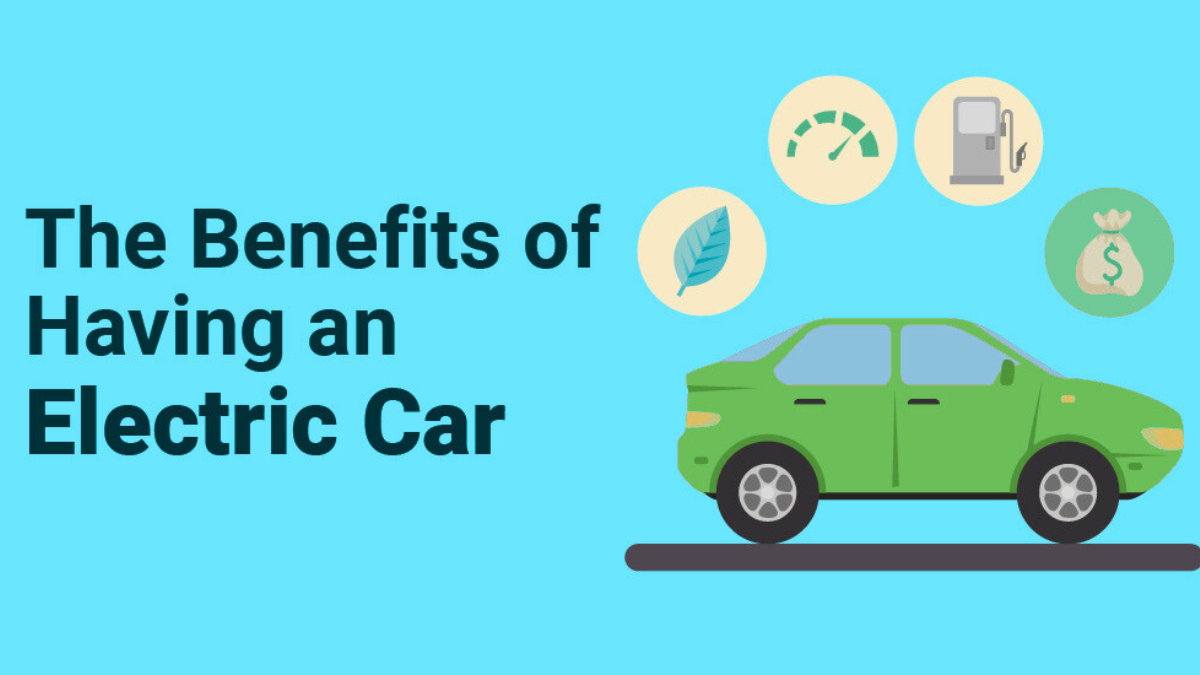Electric vehicles (EVs) are changing the automotive industry worldwide. As environmental concerns increase and technology improves, EVs offer a cleaner, more cost-effective alternative to gasoline and diesel cars. This article highlights the top benefits of electric vehicles and explains why they represent the future of sustainable transportation.
Environmental Benefits of Electric Vehicles
Zero Tailpipe Emissions
Electric vehicles produce no tailpipe emissions. This reduces harmful pollutants such as nitrogen oxides (NOx), carbon monoxide (CO), and particulate matter. As a result, air quality improves, especially in cities, which helps reduce respiratory health issues.
Reduced Greenhouse Gas Emissions
Even considering electricity production, EVs emit fewer greenhouse gases over their lifetime compared to conventional vehicles. Therefore, they play a key role in fighting climate change.
Compatibility with Renewable Energy
Moreover, EVs can run on electricity from renewable sources like solar, wind, or hydro power. This further reduces their environmental impact and supports a cleaner energy grid.
READ MORE: Hybrid Car Technology in Pakistan: Benefits, Models & Future Trends 2025
Economic Benefits of Electric Vehicles
Lower Operating Costs
Charging an EV costs much less than fueling a petrol or diesel vehicle. On average, electricity expenses for EVs are 5 to 10 times lower per mile, resulting in substantial savings over time.
Reduced Maintenance Costs
Electric vehicles have fewer moving parts. Additionally, they do not require oil changes or exhaust repairs. This leads to lower maintenance costs and higher reliability.
Government Incentives
Many governments offer tax credits, rebates, and reduced registration fees to promote EV adoption. These incentives make electric vehicles more affordable for consumers.
Health and Social Advantages
Improved Public Health
By cutting down on air pollution, EVs help reduce respiratory and cardiovascular diseases linked to vehicle emissions. Consequently, overall public health improves, especially in crowded cities.
Lower Noise Pollution
Furthermore, electric vehicles operate more quietly than traditional cars. This reduces noise pollution and contributes to quieter urban environments.
Enhanced Urban Mobility
EVs also integrate well with car-sharing and smart city initiatives. This integration helps reduce traffic congestion and makes urban transport more efficient.
Technological and Practical Advantages
High Energy Efficiency
Electric motors convert over 85% of electrical energy into movement. In contrast, gasoline engines convert only 20 to 30%. This means EVs are much more energy-efficient.
Expanding Charging Infrastructure
The growth of fast-charging stations makes charging easier and faster. As a result, EVs are practical for everyday use and long-distance travel.
Vehicle-to-Grid (V2G) Technology
Some EVs can supply electricity back to the grid during peak hours. This capability supports a more stable and efficient energy system.
READ MORE: Electric vs Hybrid Cars 2025: Which One is Better for You?
Global Impact and Future Outlook
Job Creation
The EV industry is creating jobs in manufacturing, infrastructure, and maintenance. This growth supports the economy.
Policy Support Worldwide
Governments are enforcing stricter emission regulations and investing in EV infrastructure. These efforts speed up the transition to sustainable transportation.
Continuous Technological Innovation
Ongoing advancements in batteries, charging, and vehicle design are improving EV range, affordability, and performance.
Conclusion
Electric vehicles provide significant environmental, economic, health, and technological benefits. Their widespread adoption is essential for sustainable transportation and reducing global carbon emissions. With continued improvements in infrastructure and technology, EVs will lead the future of mobility and help combat climate change.









